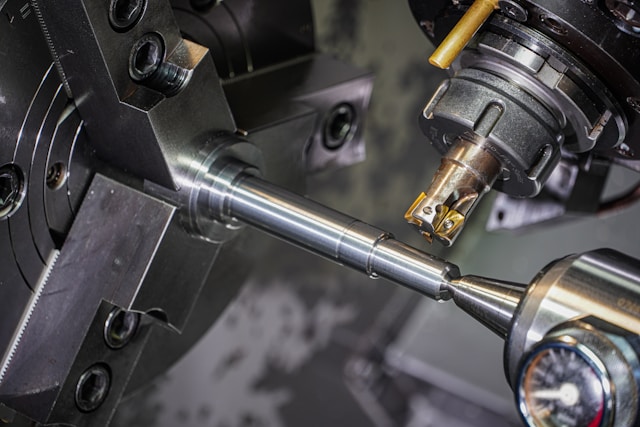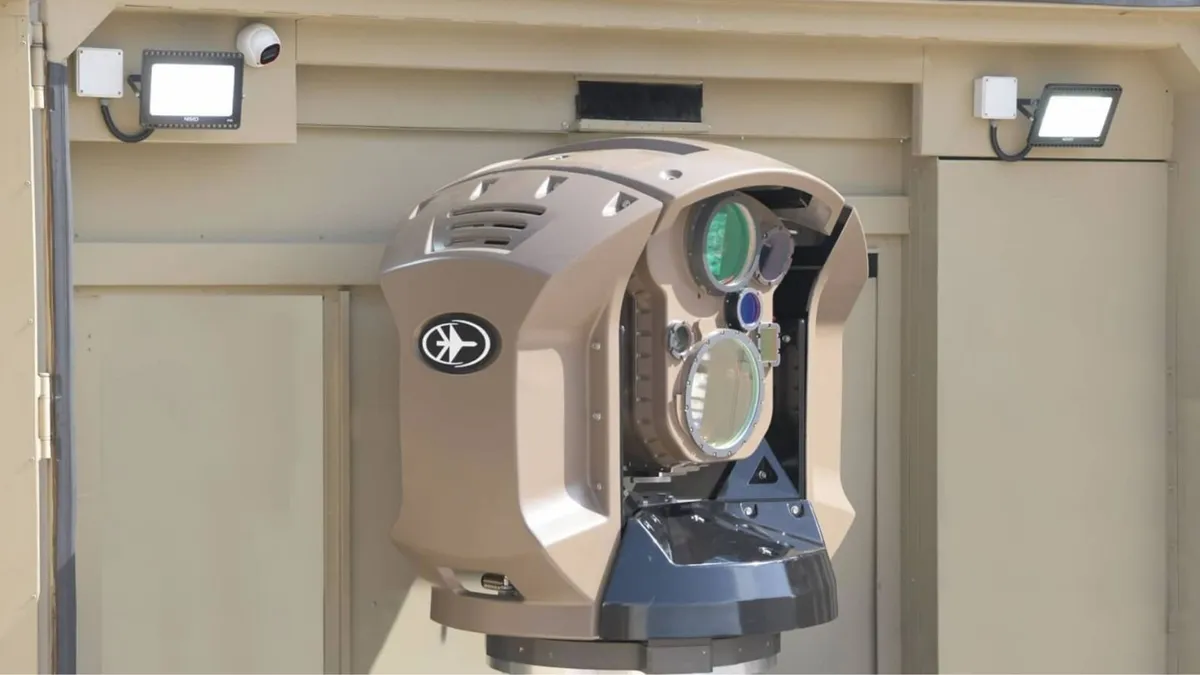A groundbreaking advancement in precision timekeeping has been achieved with the unveiling of the world’s first thorium-powered nuclear clock. This innovative device, developed by a team of scientists, promises to revolutionize various fields, from GPS navigation to scientific research.
How It Works
Unlike traditional atomic clocks, which rely on the oscillations of atoms, the nuclear clock harnesses the energy emitted from the nucleus of a thorium atom. This unique approach offers unparalleled accuracy and stability, surpassing even the most precise atomic clocks currently in use.
The Role of Atomic Clocks
At present, atomic clocks are the most accurate time-measuring devices. They help coordinate global time zones and synchronize the Internet and financial transactions. While it may seem that their precision doesn’t impact everyday activities, atomic clocks are essential for services such as GPS, digital communication, and internet speed.
Advantages of Nuclear Clocks
Nuclear clocks provide even greater accuracy compared to atomic clocks because the nucleus is less susceptible to external disturbances, such as stray magnetic fields. However, constructing a nuclear clock presents challenges. The energy transitions required for its operation can only be achieved using high-energy coherent X-rays, which current laser technology cannot produce.
Key Advantages of the Thorium-Powered Nuclear Clock
The thorium-powered nuclear clock provides unprecedented accuracy, enhancing scientific research and ensuring consistent timekeeping. Its stability promises improvements in GPS systems, satellite communications, and other precision-dependent technologies.
The development of the thorium-powered nuclear clock marks a significant milestone in the pursuit of ever-increasing precision in time measurement. As scientists continue to refine this technology, we can expect even more remarkable advancements in the future.







